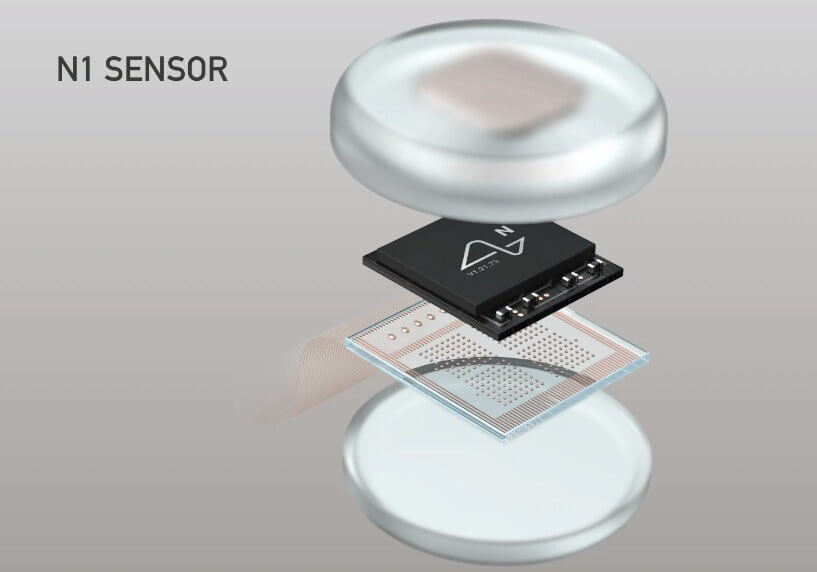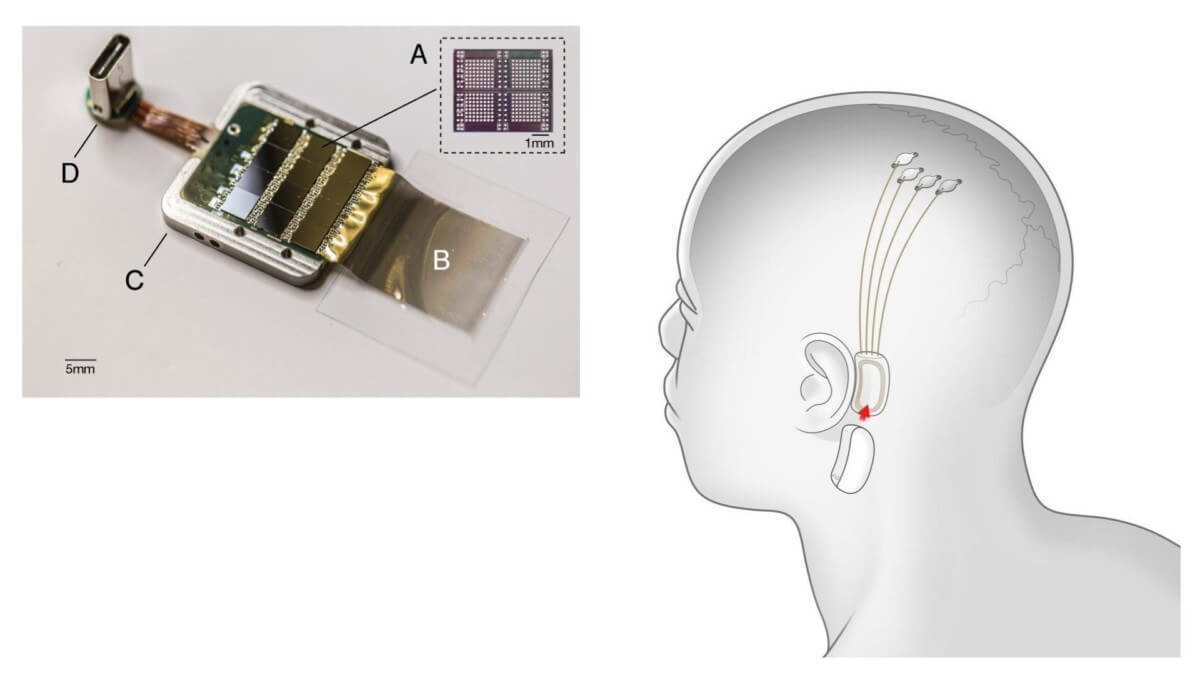Forward-looking: Neuralink, the Elon Musk company that aims to create "ultra high bandwidth brain-machine interfaces to connect humans and computers," has revealed some of its in-development technology for the first time. This includes a wireless device implanted into the brain that could let users control smartphones and computers with their thoughts.
It was back in 2017 that Musk launched Neuralink, but we haven't heard much from the company since then. At an event at the California Academy of Sciences in San Francisco, the Tesla boss revealed that the firm had made huge steps toward the goal of human and machine working in "symbiosis."
Neuralink has developed flexible threads, thinner than a human hair, which can be injected into the brain to detect neuron activity. It has also built a robot that uses a 24-micron needle to embed them automatically.

Neuralink's President, Max Hodak, said the threads would be inserted through 8mm holes drilled into a paralyzed human's skull, and that there are plans to use a laser in future to reduce discomfort.

A custom sensor has also been developed that can be implanted into the body, which amplifies and reads signals and sends them to a receiver. It can only transmit data via a wired connection right now, but the aim is to make it work wirelessly. This will connect to a tiny wearable computer called the Link, which sits behind the ear and contains the battery and other hardware. "It will be controlled through an iPhone app," Hodak said.

Musk added that the chip is capable of 10,000 electrodes with "read and write" capability, giving it 1,000 times more brain-interfacing electrodes than the leading device used for Parkinson's patients.

The devices have only been tested on animals so far, including rats and monkeys, but Neuralink hopes to get FDA approval for human clinical trials for as early as next year. If it works as intended, patients could write text messages and emails just by thinking about the words. They could also move a mouse cursor and navigate web pages with their minds alone.
